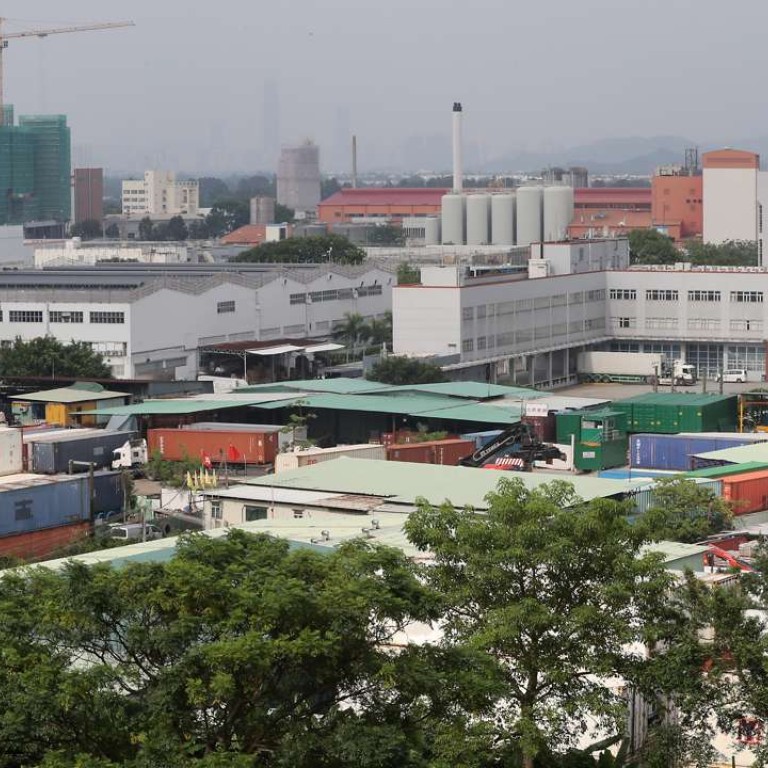
DAB lawmaker admits he suggested the government scale down controversial Yuen Long public housing project
Leung Che-cheung denies lying about his understanding of the development
Beijing-loyalist lawmaker Leung Che-cheung has admitted that it was him who first suggested the government scale down a controversial public housing project in Yuen Long.

The Post has learned that all the top government officials including the chief executive and the three key secretaries took part in a collective decision on the project. Leung and Financial Secretary John Tsang Chun-wah, who has distanced himself from the project, are expected to come clean on their roles in the project in a press conference today.
Lawmaker Leung Che-cheung, from pro-Beijing Democratic Alliance for the Betterment and Progress of Hong Kong, was chairman of the Yuen Long District Council when officials consulted him behind closed doors in 2013 and 2014.
He had previously stated that he had no knowledge of the reasons why the project was scaled down from 17,000 units to 4,000 units.
However, Chinese-language Apple Daily has cited leaked documents, which revealed the DAB lawmaker had made the suggestion himself.
Leung denied lying about his role in project.
“Why do I have to lie? ... By the end of 2013, I did tell officials that 4,000 units should be built first because the road network cannot afford too many residents,” Leung said, adding that he was told in March 2014 that the government would be building 4,000 units, as well as schools on the site.
“I could not understand it when it was revealed recently that the project was not just the 4,000 units, but [17,000 units] in three phases,” he explained.
Leung said when he suggested giving priority to 4,000 units, his main concerns were transport and whether the project would be supported by the district council.
“The other concerns could not be the reason why I opposed the scale of the plan,” he insisted.

